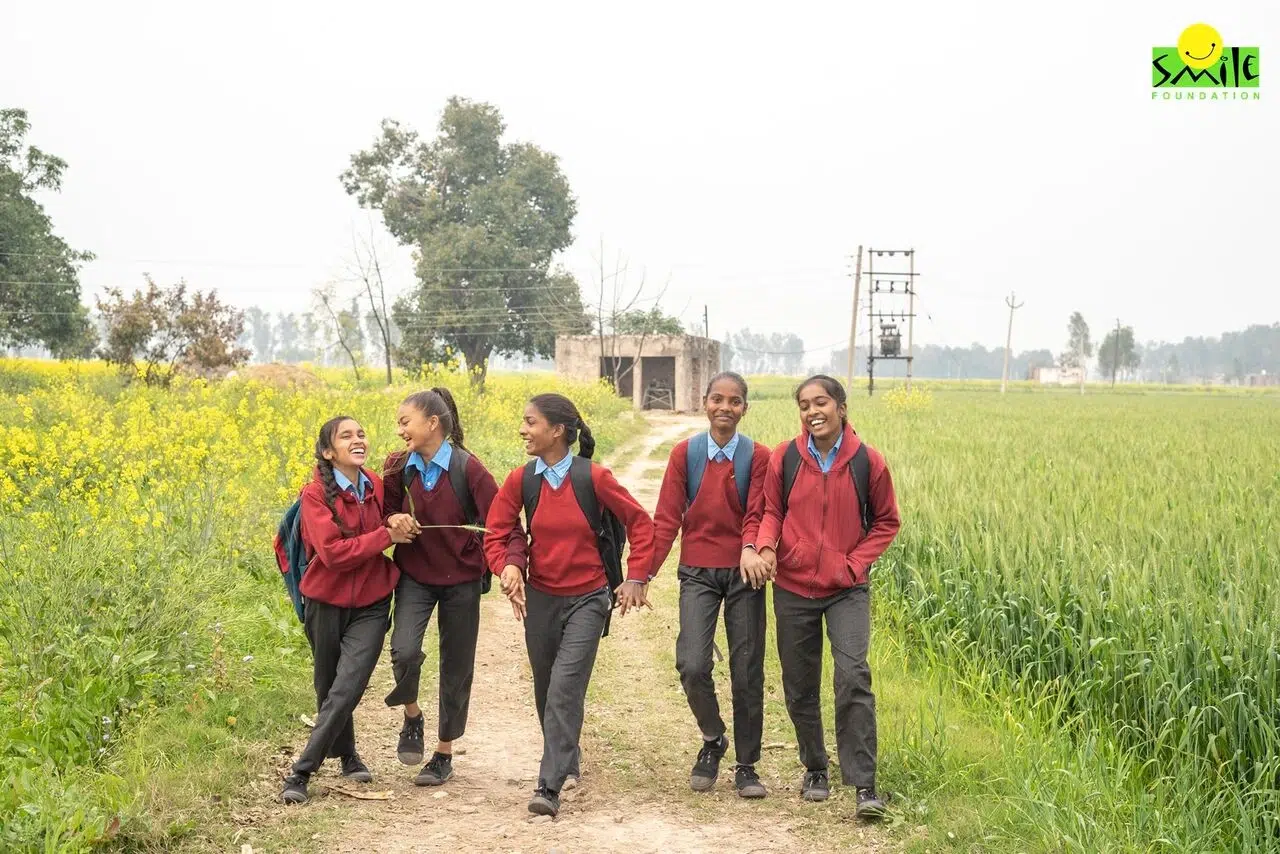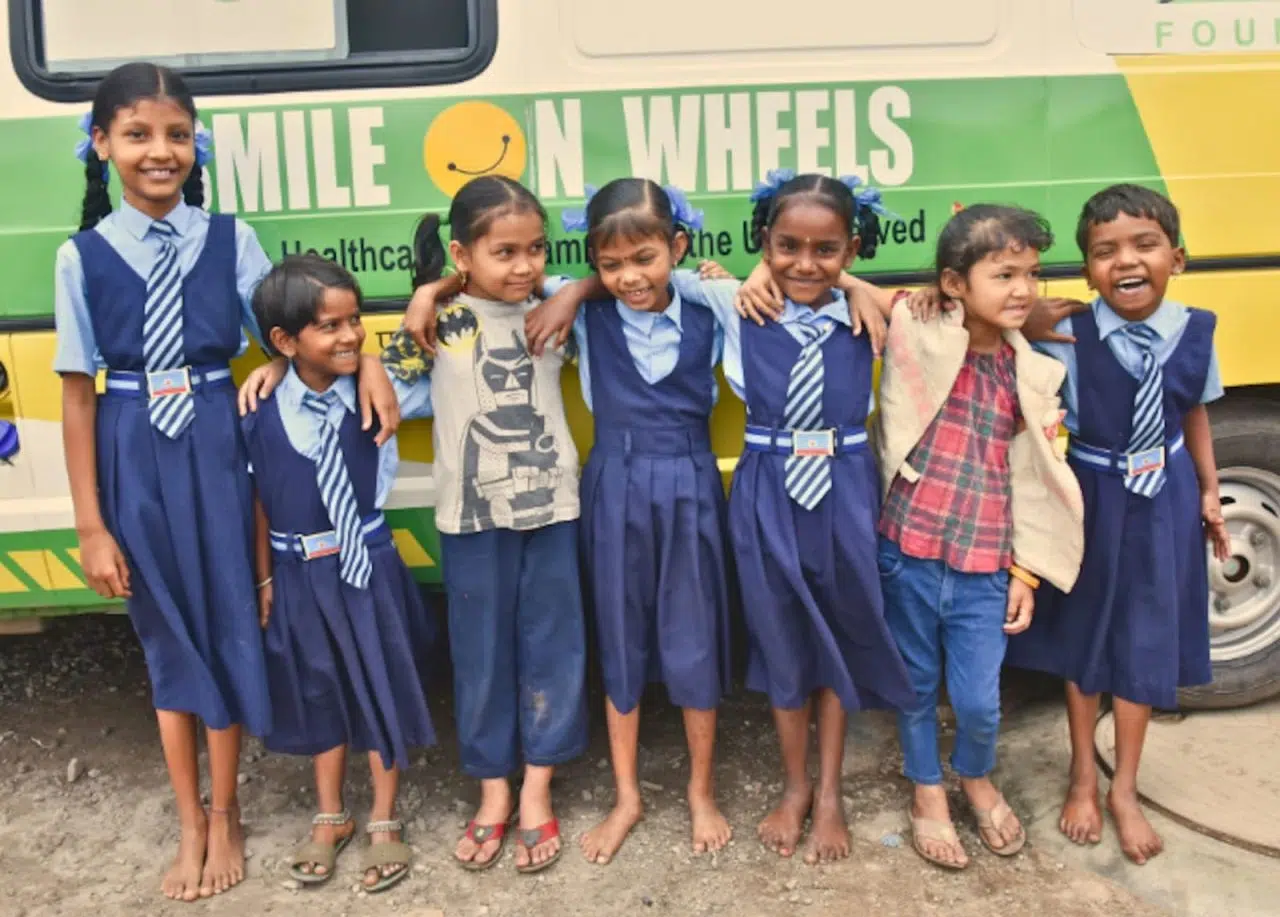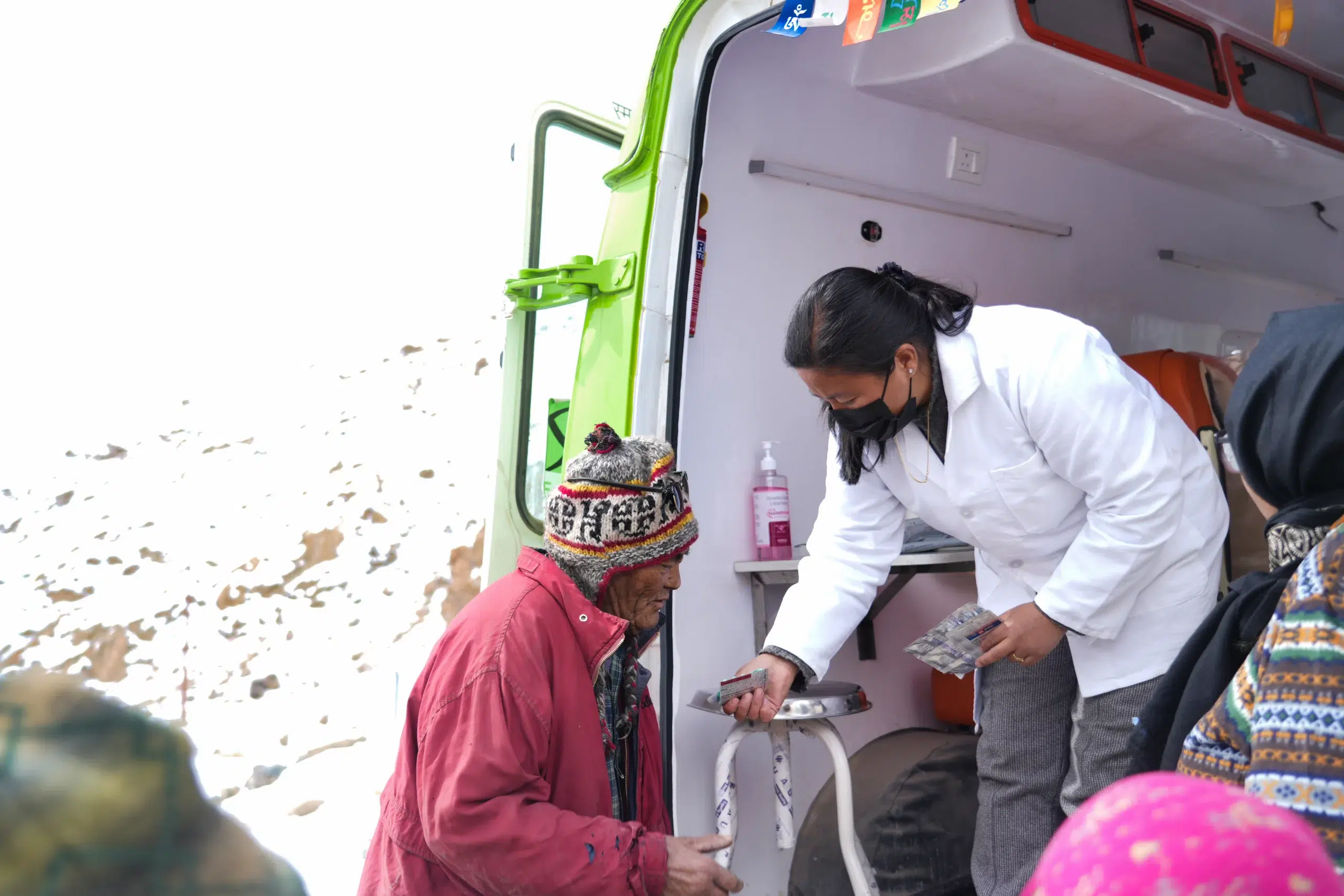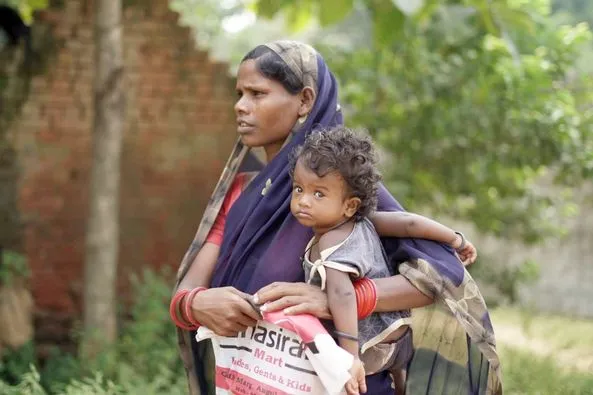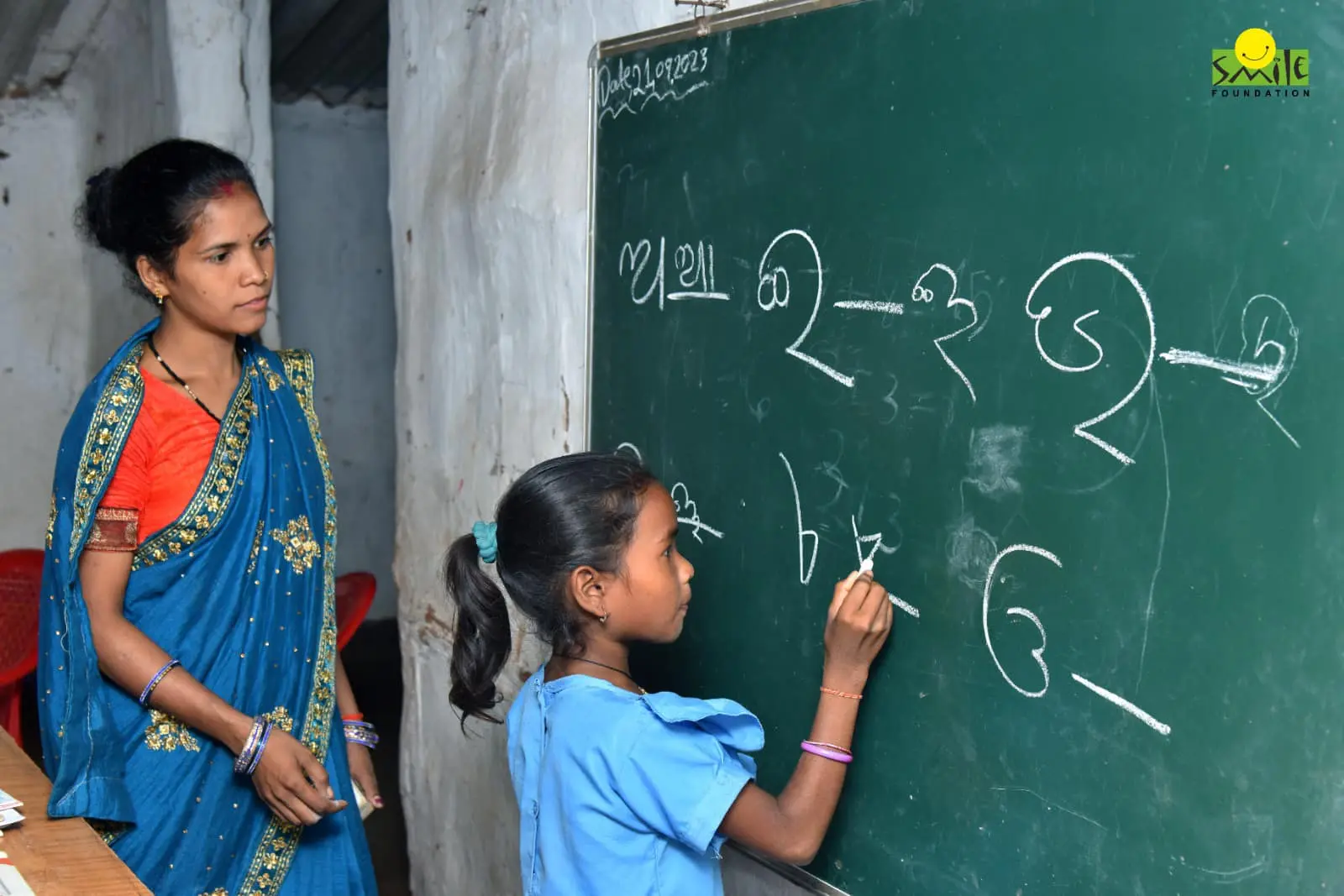What does ‘women’s safety’ truly mean? Is it about physical protection or does it include creating an environment where women can pursue opportunities, explore their potential and, in wider terms, their ‘lives’, without fear of consequences? Over the years, the narratives around women’s empowerment have evolved alongside changes brought into our social lives through globalisation, technology and changing ideologies.
Starting from the fight for voting rights to the push for equal representation in workspaces, women empowerment has seen many shifts. Yet, one major question remains– Are women genuinely empowered? Are they safe to navigate the many complexities of society?
Women Empowerment in India
In India, women have historically been regarded as reflections of goddesses, but that’s where the reverence seems to stop in the lived experiences of girls and women in our country. They have faced numerous challenges, including practices like sati, early child marriages, lack of education and access to healthcare. Through great struggle and perseverance of many changemakers, women’s empowerment emerged as a fundamental vision in Indian society, granting women constitutional equality and opportunities to build lives on their own terms.
Still, we must ask– Are all women in India enjoying this privilege or should we call them ‘rights’ in their private and professional lives? Do they all have the freedom and safety to make their own choices?
As of 2024, recent statistics from the National Statistical Office (NSO) and the Ministry of Women and Child Development reveal that roughly 86% of women in India have received at least a primary education, with around 48% completing secondary education or higher. Regarding employment, about 22% of women aged 15 and older are part of the workforce. Access to quality healthcare services stands at roughly 60%, although this access varies significantly between urban and rural areas. These figures illustrate both progress and the ongoing challenges women face in education, employment and healthcare in India.
While Indian women are participating in both organised and unorganised sectors, a significant gender gap persists. The female labour force participation rate increased from 23.3% in 2017-18 to 37% in 2022-23. In contrast, the male participation rate rose from 75.8% to 78.5% during the same period. The gap becomes even more visible in pay gaps wherein men are still paid substantially more for the equal amount of work that women do too.
Given this context, we must consider creating safe spaces for women in India. If a woman does not hold equal status in society— through education, health and financial stability—she cannot be regarded as a strong individual in our society– which is often patriarchal and where the earning member holds the most respect and power in terms of real decision-making.
Government Initiatives for Women’s Empowerment with Smile
The Indian government is making significant efforts to empower women through initiatives focused on comprehensive education, quality reproductive health, nutrition and sustainable livelihood opportunities.
Programmes such as Beti Bachao Beti Padhao, Sukanya Samriddhi Yojana and the CBSE Udaan Scheme aim to support the educational development of young girls and women. Health initiatives likeSurakshit Matritva Aashwassan (SUMAN), LaQshya and Pradhan Mantri Surakshit Matritva Abhiyan (PMSMA) are designed to provide a safety net of education and health services, for women to develop the skills necessary at workplaces.
Moreover, financial programmes such as Sukanya Samriddhi Yojana, Pradhan Mantri Mudra Yojana and Mahila Shakti Kendra empower women with financial assistance and literacy, equipping them to manage their businesses, savings and investments for a secure financial future.
Smile’s Interventions for Empowering Women
At Smile Foundation, with our commitment towards implementing the United Nations Sustainable Development Goals (SDGs) and the belief that ‘no one should be left behind’, we work closely with underserved communities in India, particularly focusing on the education, reproductive health and livelihood opportunities for women and youth in India.
Through programmes like Swabhiman and Project Manzil, we support the learning journeys of young girls with vocational skills, while our engineering scholarships for girls reach thousands of women each year for they to receive the opportunities and support needed to stand on their own.
Our lifecycle approach advocates for holistic development, emphasising that lasting social change occurs when individuals are supported across all aspects of their lives. Education, health and skilling/livelihood opportunities are fundamentally important for women to do better in their lives and uplift their communities in the process of their own empowerment.
Recognising women as the cornerstone of communities, Swabhiman focuses on increasing reproductive health awareness so that women and their children can grow healthily. These interventions translate into success in education and employment in the long-term.
Furthermore, for financial independence, Swabhiman equips rural women with financial literacy and business skills, supporting them to establish and sustain small businesses that help them contribute better towards uplifting their families and communities.
We truly believe that real change happens when our close-knit community collaborates to meet the needs of those around us. By coming together, we can create strong leaders out of girls and women who will have a greater say in the framework of every sector including policy-making. This, we will keep doing by providing them with quality education, healthy lifestyles and livelihood opportunities they truly deserve.
You can support girls do better too
If you feel inspired to help empower these young girls and women to lead safe and independent lives—truly embodying the essence of empowerment—consider making a small donation today. Together, we can create lasting change and build a brighter, equitable future for all.
Will women in India be safe when they are truly empowered? Read the blog to know how Smile’s approach is maximising the implementation of government initiatives for women to make them empowered in safer communities.




